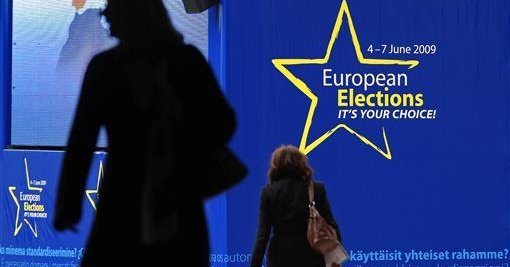At the European level this choice is impossible. The European Parliament has many powers, but the decision-making system is mysterious. Who is responsible for the European policies? No citizen is able to reply. As a consequence of an unclear democratic process, the European Union is considered a bureaucratic body.
The European Commission, the only executive power accountable to the European Parliament, has done nothing to fill the democratic gap, exploiting its existing powers. For instance, instead of proposing a bold plan against the financial crisis – reviving the Delors’ proposal to issue Union-Bonds in order to finance an effective recovery plan – the Barroso Commission consents to be the compliant secretariat of the Council. Therefore, only uncoordinated national governments act inefficiently against the financial crisis.
The European Union will become a political community when a political debate between a majority and a minority takes shape in the European Parliament. No new treaty is necessary to begin a democratic struggle.
The European parties have the power to overcome the democratic and governance deficits. They had the chance to propose their candidate for President of the European Commission before the European election. In such a case, the citizens should have had the possibility to take part to a real political European competition, with different leaders supporting a programme of government for Europe, in a Europe-wide contest.
The European Union will become a political community when a political debate between a majority and a minority takes shape in the European Parliament.
Only the EPP proposed Barroso as a candidate. The other parties, first of all the Socialists, did not take up the challenge. Therefore, the European election became a sum of national competitions, several eurosceptic parties won seats in the European Parliament and the turnout fell down again.
The 2009 European election was a missed opportunity.
But it is not true that European citizens do not like Europe. Several opinion polls show that a majority of European citizens is in favour of a European Federation. The destiny of the European Union is not “l’Europe des patries”. The Greens of Cohn-Bendit were able to get an excellent score because they had the courage to propose a clear plan to build a Federal Europe.
The lesson of the 2009 European election is clear: Europe needs a Federal government and the European citizens are ready to support the political parties willing to fight for a democratic government accountable to the European Parliament. In the new Parliament, the European parties have the power, if they want to exploit it, to overcome the double deficit of the European Union.


Follow the comments: |
|
